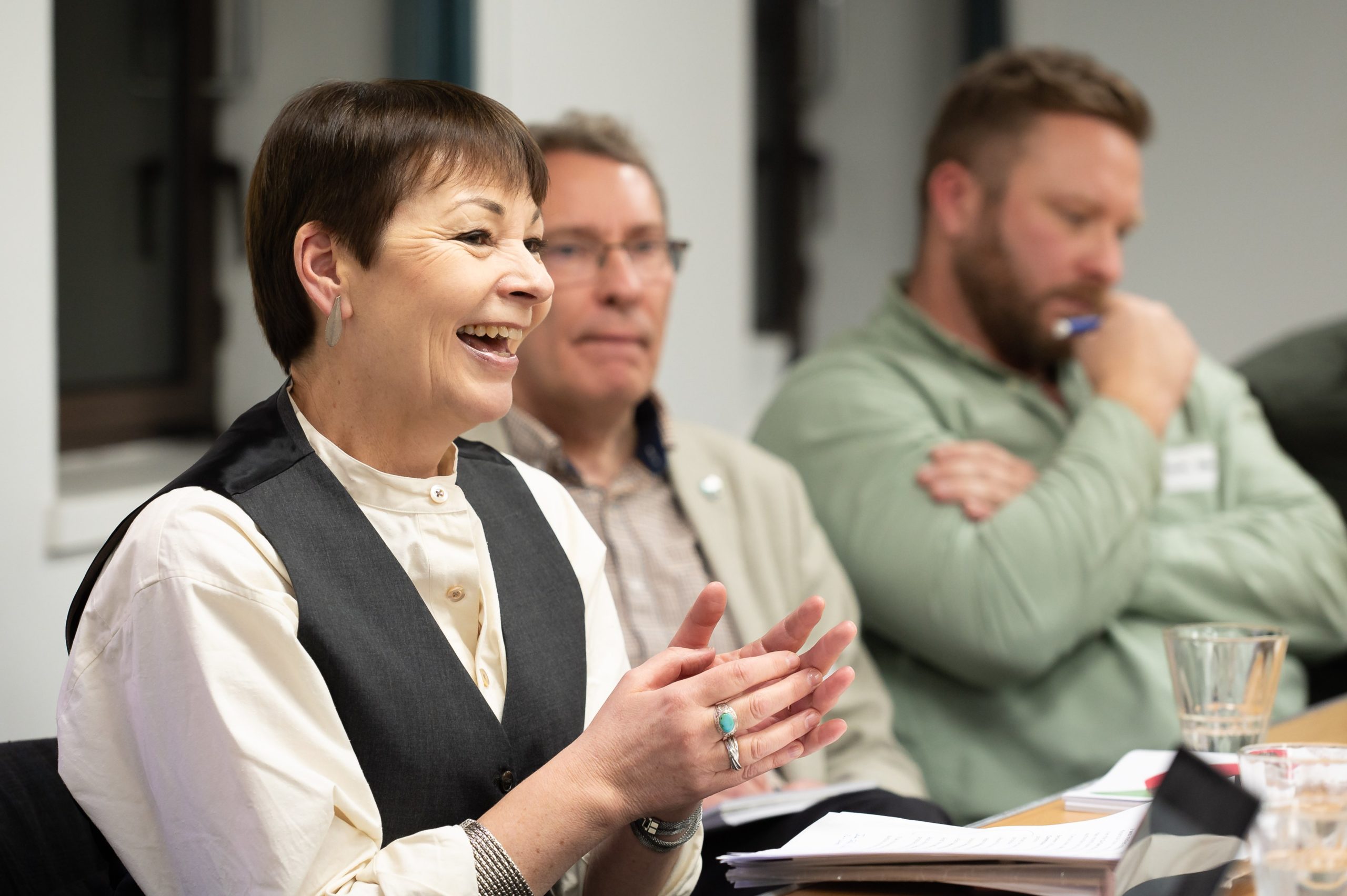
Reducing the amount of energy we use will be key to cutting emissions and reaching net zero, but energy demand reduction measures also have a range of co-benefits which can help to improve citizens’ wellbeing, such as improved health outcomes and local job creation.
Read more ›Follow Sussex Energy Group









